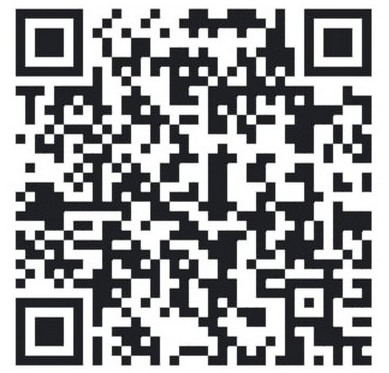1. Find a profile that is suitable for you
Varying on job profiles, salary, and eligibility criteria, a couple of positions are offered. They are:
- Clerk or Single Window Operator (SWO)
- Probationary Officer (PO)
- Specialist Officer (SO)
- Stream: So, one of the primary things to be done would be to find a suitable job profile and don’t forget to check whether you completely fulfill the eligibility criteria (for example, only engineers of a few particular streams are eligible for SO (IT Officer) post and only MBA (Majors in Marketing) are eligible for SO (Marketing Officer). So it is advisable to take proper care of eligibility criteria
- Age Limit and Relaxation: Please check the age limit carefully before applying. Also in general, age limits of reserved candidates (SC/ST/OBC) are always relaxed, so check carefully for that too.
- Job Profile: You must know what you are signing for. While the job of an IT Officer in bank involves a lot of technical work, as a SBI Junior associate, you are expected to travel outdoors and make calls to prospective customers. Similarly, some of the job profiles in Railways RRB are not considered very suitable for females. Hence, it is extremely important to do your research about the job profile and responsibilities before you sign up for it or while applying.
2. Keeping a check on the upcoming bank examinations
It is of utmost importance that you keep yourself updated with all the major exams and their deadlines. Last minute applications might prove to be a hassle, so make sure you apply well ahead in time.
3. Knowing the Game
So now that you know about which job profile suits you the most and the respective dates of various examinations, let’s have a detailed look at the syllabus of the Banking examinations. As per the current scenario, say that if you study for one IBPS Exam, you will get reasonably competent to face the rest of the examinations as well like SBI, Insurance exams (LIC AAO), Railways etc. The modules are mostly same, the difficultly of the examinations however, can be varying depends upon which examination you are appearing for. Let’s take a brief look into the common sections of banking examination syllabus:
- QUANTITATIVE APTITUDE:
- Number Theory
- Square Roots
- Cube Roots
- Fractions and Decimals
- C.F and L.C.M
- Simplification
- Variation
- Chain Rule
- Ration and Proportion
- Average
- Ages
- Boats and Streams
- Clocks and Calendar
- Mixtures and Alligations
- Pipes and Cisterns
- Time, Speed and Distance
- Simple Interest and Compound Interest
- Percentage
- Profit, Loss, Partnership and Discounts
- Mensuration: Area, Perimeter.
- REASONING :
- Analytic Reasoning
- Direction and Distance
- Analogy Test
- Coding-Decoding Test
- Odd Man Out
- Series Test
- Blood Relationships
- Data Sufficiency
- Data Interpretation
- Syllogism
- Visual Ability
- Analogy
- ENGLISH
- Synonyms
- Antonyms
- Analogies
- Idioms and Phrases
- Sentence Completion
- Rearrangement
- One word Substitution
- Common Errors
- Inappropriate usage of words
- English comprehension
- GENERAL AWARENESS
- General Topics( Environment, Animals, Universe, Sports, Prizes etc)
- Geography, History, Politics, Sports
- Current Events
- COMPUTER Knowledge
- MS Office
- Operating Systems
- Computer Hardware
4. See where you stand: Take a “No Preparation Mock Test”
Before you start your preparation, take a mock test. Yes, it is absolutely necessary to take up a “no preparation test”. This is immensely helpful in identifying where you stand and detecting your weak sections or concepts so that you can work more hard on those topics. Once that you have taken up a no-preparation-examination, you are now ready to set off for your goal.
- Devising the right strategy and Ready Steady Go!
Besides the obvious plan which is to Practice, Practice and Practice, the most important elements of your strategies that you must count upon are Time Management, Speed and Accuracy.
- Try attempting the questions in the order of your strong section, followed by the difficult and time consuming ones. In this way, you would be able to go through all the questions atleast once.
- Try not to waste too much time over one question. Practice over and over again to increase your calculation and reading speed.
- Finally, keep yourself updated every day about the events and current affairs around you.
- Revise all your syllabus topics before few days once again and focus more on weak topics that time.
Have faith in yourself. MSB wishes you all the best!

 8am-8pm
8am-8pm


